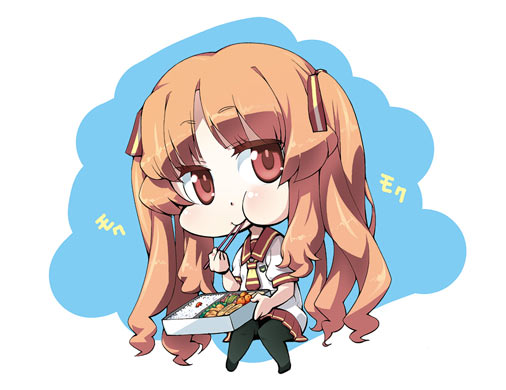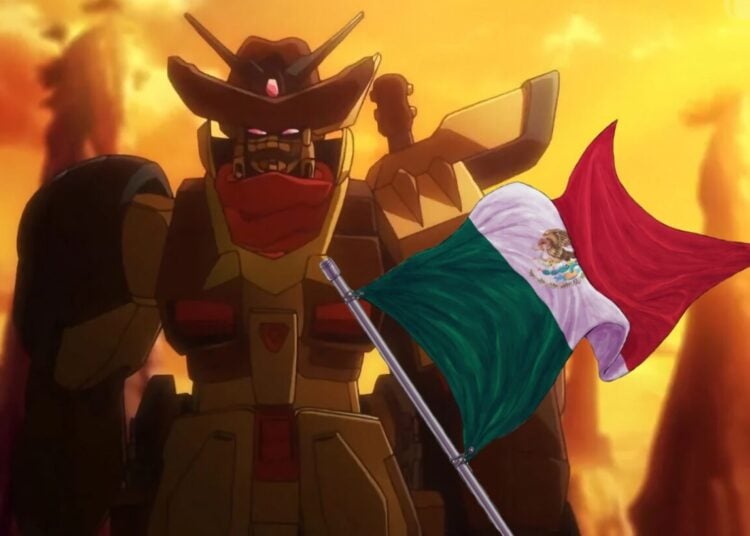My Japanese wife and I have given a special gift to our children, making sure they grew up bilingual in both English and Japanese so they didn’t have to suffer through the verb conjugations and kanji memorization that we both had endure. Of course, a child’s language acquisition is made somewhat more complex by the fact that they must separate the two languages in their brains as they learn. When my son was very small, he would engage in wordplay with me, telling me the cold-water bath at the hot springs we’d just visited was “cold-katta,” attaching the Japanese past tense ending to the English adjective, which was a lot of fun. Things could get confusing, too, like when my son asked me why Americans put “chopsticks” on their lips (he meant Chapstick), or the time I asked him to pick up his clothes so he promptly closed the door (“close” and “clothes” are the bane of ESL learners). Once he asked me why Nicholas Cage only made detective movies — it turns out that “Cage” has the same pronunciation as keiji, Japanese for police detective, and he thought every movie the actor had done was part of a series of police films.

My son was confused by the words “chopsticks” and “Chapstick.”














